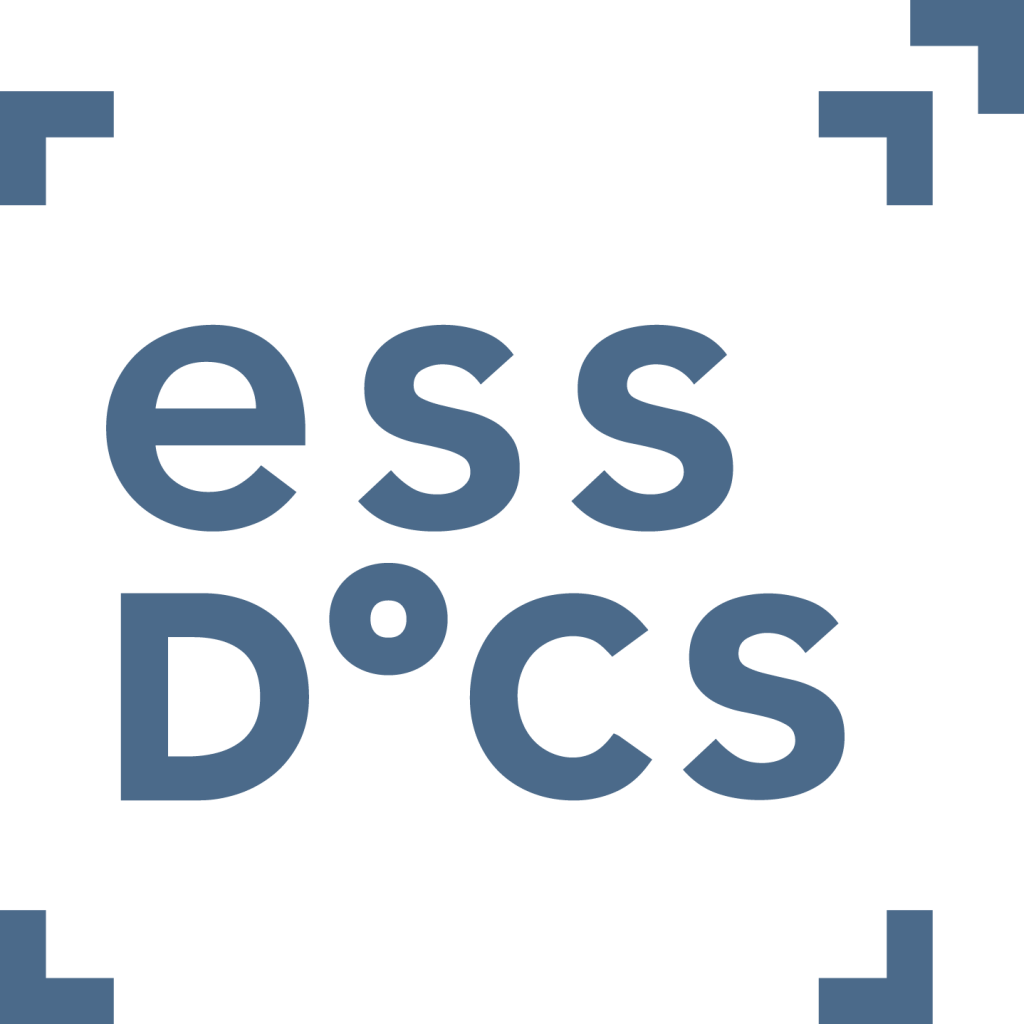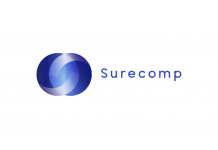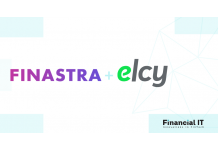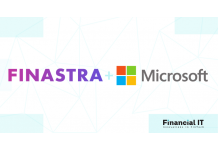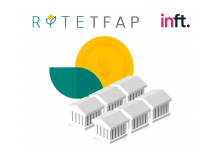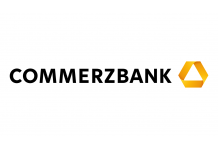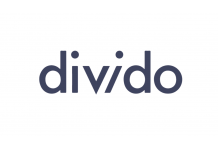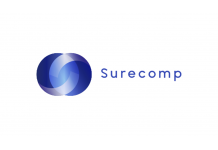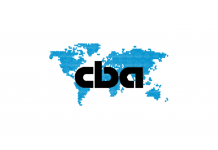Surecomp Welcomes Semsoft’s Trade Risk Intelligence...
- 31.10.2023 12:55 pm
Finastra and ELCY Partner to Bring Corporate Trade...
- 17.10.2023 09:50 am
Bank ABC Launches ABC Trade, a First-of-its-kind...
- 21.09.2023 06:50 am
Finastra Signs Global Agreement with Microsoft to...
- 20.09.2023 10:10 am
P2P Market Bolsters with Surging Search Trends
- 12.09.2023 09:35 am
“Young” P2P Platforms Hit Key Milestones Faster
- 29.08.2023 11:10 am
Capital.com Data Shows High Correlation Between Google...
- 21.08.2023 11:25 am
GUUD Integrates INFT Supply Chain Financing Platform...
- 11.08.2023 12:00 pm
Commerzbank is the First German Bank to Successfully...
- 26.07.2023 11:30 am
Divido Set to Create World’s First Embedded Retail...
- 06.07.2023 10:25 am
Surecomp Named a Leader in IDC MarketScape on Trade...
- 04.07.2023 05:00 pm
ABN AMRO Bank Goes Live with New Release of IBAS,...
- 03.07.2023 11:25 am

